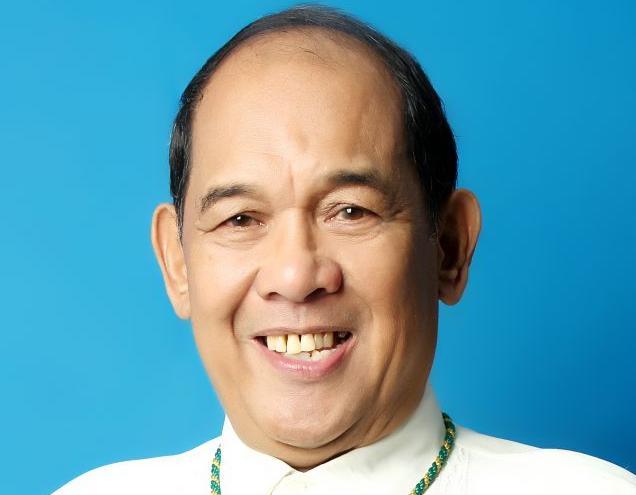Professor Romanillos who hails from San Carlos City, Negros Occidental, holds a Licentiate in Church History from the Jesuit-owned Gregorian University in Rome and took up doctoral courses in Hispanic Literature at the University of the Philippines Diliman, Quezon City. He was a professor of Spanish, Italian and Latin in UP Department of European Languages for twenty-nine years (1986-2015). He had likewise taught at the Lyceum of the Philippines University, Far Eastern University, University of Negros Occidental-Recoletos, San Sebastian College Manila, Magsaysay Institute of Shipping, Carlos P. Romulo School of Diplomacy of the Department of Foreign Affairs and Colegio San Agustín in Valladolid, Spain.
As translator and researcher, his fields of expertise focus on the religious history of the Philippines and the Philippine Creole Spanish called Chabacano. Specially, significatnt is this area of research is his Chabacano Studies. Essays on Cavite’s Chabacano Language and Literature, published in 2006, whose second volume in bilingual edition is set for publication very soon. He is working on the Diccionario Chabacano-Español, Español-Chabacano-Español, which shalll doubtless serve as reference material or research tool.
In 2008, the local government of his native city of San Carlos awarded with a certificate of recognition for his “known works and excellent achievement in the world of education, language and culture.” In May 2016, Chancellor Michael Tan awarded with the plaque of distinction for twenty-nine years of service to the University of the Philippines Diliman.
Augustinian Recollect historian
The great passion of Romanillos is Augustinian Recollect history, especially related to the Philippines. It is evidenced by a long list of his published and unpublished works, books as well as articles. A proof of this is the new book on the history of Bohol with 600 pages, a dedicated labor of forty years.
His other expertise is in the field of translation of English and Spanish works. Without any trace of a doubt, Romanillos holds the distinction as chief promoter of Recollect history and spirituality in a country like the Philippines whose vast majority no longer understand Spanish. His latest contribution is the book which was published in June this year on the occasion of the ongoing Padre Mauricio Ferrero Centennial. For that book he translated a good part of the Book of Noteworthy Events of the parish of Bacolod.
For many decades now, Romanillos is busy trying to recover the Augustinian Recollect memory in the whole archipelago. In not a few of the historical landmarks and commemorative markers he has collaborated with the National Historical Commission of the Philippines in their installation in Luneta, Intramuros and Puerto Princesa. His academic effort has been exhaustive and untiring. He has been a much-sought for speaker in conferences and symposia in countless historic events.
He has not ceased collaborating especially in the field of formation. For many years now he has been a masteral thesis adviser or panelist of young Recollect religious in their specialization of Church History like those dealing with iconic personalities, places and events in Recollect history.
Doubtless, among his favorites is his research on Saint Ezequiel Moreno. He has published several books on the Recollect saint, even as he disseminated Tagalog testimonies on this Servant of God. He did not stop his research in places where Saint Ezekiel lived for fifteen years in the Philippines, highlighting his holy figure and fomenting devotion to him.
Phippines and the Spanish language
The Filipino Academy of the Spanish Languages is one of the twenty-two sister academies in the same number of Spanish-speaking countries. Founded in 1924, the academy belonged to the Association of Academies of the Spanish Language since 1951. Its great writers in Philippine-Spanish literature: Claro M. Recto, Manuel Bernabé, Fernando María Guerrero, Francisco Zaragoza and Antonio Abád were academy members. So were the Spanish-speaking former President Gloria Macapagal Arroyo and Jaime Cardinal Sin.
The Spanish language has a glorious past in the Philipines. For centures, it was the language of a minority. But it was the language in which the Fathers of the Revolution wrote, like the poet and novelist José Rizal. The first Constituion was drafted in Spanish and it was the language of the Philippine press in the first half of the twentieth century.
Today less that a million speak Spanish. Around 800,000 Filipinos speak the Chabacano language, whether in its Tagalog variant in Cavite City and Ternate or in its Visayan variant in Zamboanga in Mindanao.


